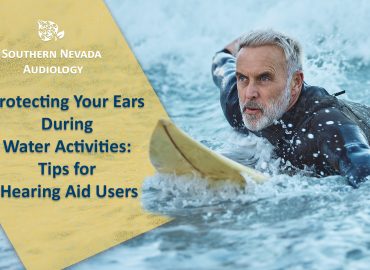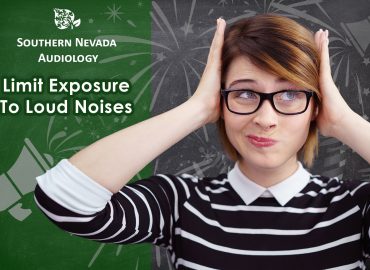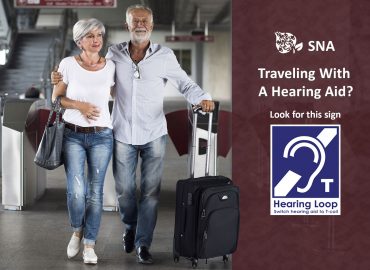Embracing Hearing Aids in the New Year
The New Year symbolizes renewal, an opportunity to set goals that enhance well-being and unlock new possibilities. Among the many life-changing resolutions, investing in hearing aids stands out as a powerful way to transform daily living. These sophisticated devices are much more than tools for better hearing; they are gateways to enriched communication, deeper connections, and a more vibrant, engaging life experience.
Embracing Better Communication: The Power of Hearing Aids
Clear communication is the foundation of strong personal and professional relationships. For individuals with hearing loss, engaging in conversations can become difficult, leading to feelings of isolation and disconnection. Hearing aids bridge this gap by amplifying sounds and enhancing speech clarity, making interactions more enjoyable and meaningful.
Untreated hearing loss is not just a matter of communication; it can have significant cognitive implications. Research reveals a connection between hearing loss and cognitive decline. When hearing is impaired, the brain must work harder to interpret sounds, causing mental fatigue and reducing cognitive efficiency. By wearing hearing aids, individuals lighten this cognitive load, allowing their minds to focus more effectively on other tasks.
This boost in cognitive function helps keep the brain active, supporting mental sharpness and promoting continuous learning and engagement in various activities. It’s a step toward intellectual vitality that can make the new year both fulfilling and stimulating.
Hearing aids also play a crucial role in emotional and physical well-being. Struggling to hear often leads to stress, anxiety, and withdrawal from social activities. By restoring the ability to connect confidently with others, hearing aids alleviate these negative emotions and foster a renewed sense of inclusion and self-assurance.
On a physical level, hearing aids improve situational awareness, enhancing safety by making it easier to perceive alarms, traffic, or environmental cues. This heightened awareness reduces risks of accidents and provides peace of mind, encouraging an overall healthier lifestyle.
Beyond safety and well-being, hearing aids enrich life’s enjoyable moments. From hearing the subtle notes in music to catching every word during conversations, television shows, or live events, these devices amplify experiences, fostering a deeper sense of joy and belonging.
Choosing hearing aids in Las Vegas is more than a practical decision—it’s an investment in a vibrant, connected, and fulfilling life. As the new year unfolds, embracing better communication through hearing aids opens the door to countless opportunities for growth, connection, and happiness.
Leveraging Advanced Technology: The Modern Hearing Aid Experience
Today’s hearing aids are marvels of innovation, featuring cutting-edge technology that significantly enhances the user experience. Modern designs include Bluetooth connectivity, rechargeable batteries, and smartphone compatibility, making them more convenient and user-friendly than ever before. These features not only improve functionality but also align hearing aids with the fast-paced, tech-driven world we live in.
One of the most exciting advancements is the ability to integrate seamlessly with other devices. Users can stream phone calls, music, podcasts, and even television audio directly to their hearing aids, eliminating the need for additional accessories. Smart controls through apps allow users to adjust settings on the go, tailoring their listening experience to various environments such as noisy restaurants or quiet homes.
Advanced hearing aids also incorporate AI-powered features like noise reduction, speech enhancement, and automatic adjustments based on the user’s surroundings. These technologies ensure crystal-clear sound quality and make it easier to focus on what matters most—whether it’s a conversation with loved ones or the melody of a favorite song.
Additionally, innovations such as rechargeable batteries eliminate the hassle of frequent replacements, offering greater convenience and sustainability. Many models now feature discreet designs, allowing users to benefit from these technologies without compromising aesthetics or comfort.
As the new year begins, embracing positive changes can pave the way for a more fulfilling and connected life. Hearing aids embody one of the most transformative changes by enhancing communication, cognitive health, and overall well-being. They not only reconnect individuals with the sounds they’ve been missing but also leverage advanced technology to support independence, safety, and enjoyment.
Take the first step toward a brighter, clearer future. Contact us today to schedule your appointment and experience the incredible difference hearing aids can make in your life!







